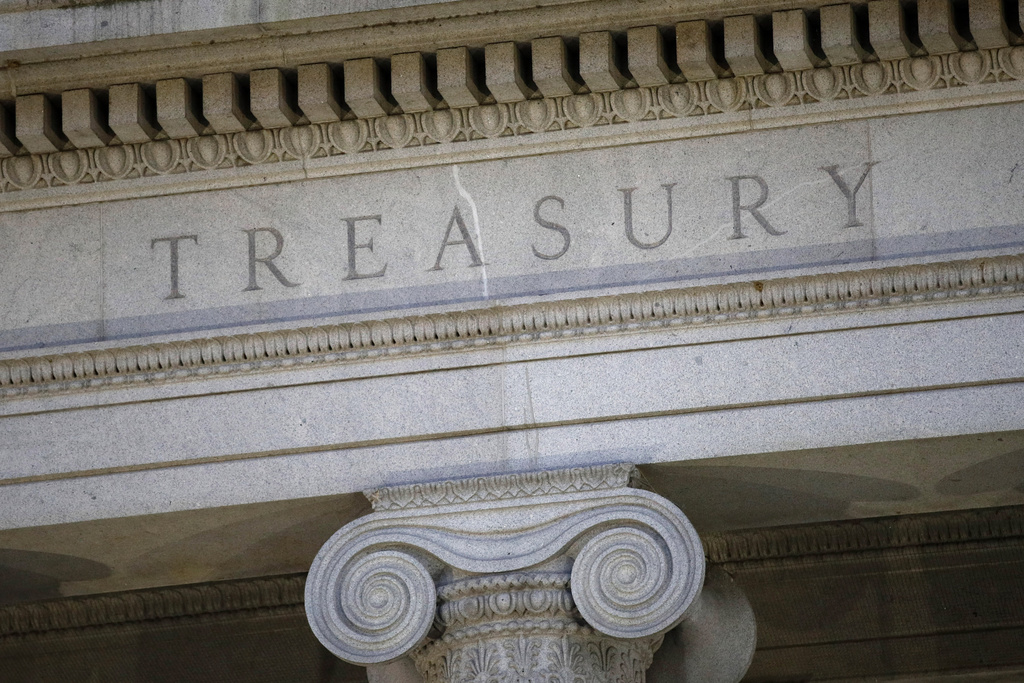LONDON — The United States on Friday expanded its effort to cut off funding for Hamas, announcing a second round of sanctions against people and organizations linked to the group since it launched an attack on Israel that killed more than 1,400 people.
[time-brightcove not-tgx=”true”]
Read More: The Families of Israelis Held Hostage by Hamas Speak Out
The new sanctions highlight Iran’s role in providing financial, logistical and operational support to Hamas, the U.S. Treasury Department’s Office of Foreign Assets Control said in a statement. They include a Hamas representative in Iran and members of Iran’s Islamic Revolutionary Guard.
The sanctions were announced as Deputy Treasury Secretary Wally Adeyemo travelled to London to shore up support from Britain, one of America’s closest allies, for the drive to squeeze off funding for Hamas, which both countries consider a terrorist organization.
“Today’s action underscores the United States’ commitment to dismantling Hamas’s funding networks by deploying our counterterrorism sanctions authorities and working with our global partners to deny Hamas the ability to exploit the international financial system,” Adeyemo said.
Read More: Column: What the World Can Learn From the History of Hamas
Among those targeted are Khaled Qaddoumi, described as a liaison between Hamas and the Iranian government; and Ali Morshed Shirazi and Mostafa Mohammad Khani, officials in the Islamic Revolutionary Guard Corps’ Qods Force who are accused of training and assisting Hamas fighters.
The U.S. also sanctioned a number of organizations, including the Iranian Bonyad Shahid, also known as the Martyrs Foundation. U.S. officials say the group, which is affiliated with Palestinian Islamic Jihad, funnels millions of dollars through the Gaza-based Al-Ansar Charity Association for the families of militants.
The practice “ultimately serves as a recruiting tool for terrorist activities,” the U.S. said.
The sanctions freeze any U.S.-based assets owned or controlled by the named individuals and organizations. They also block financial transactions with those designated and prohibit the contribution of funds, goods and services to them.

